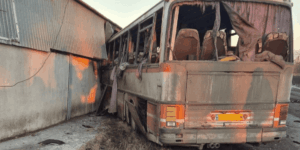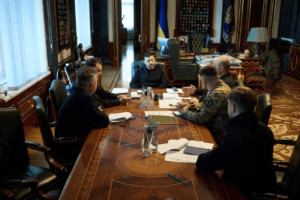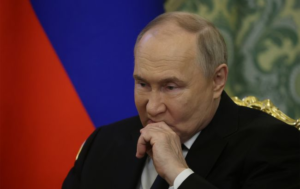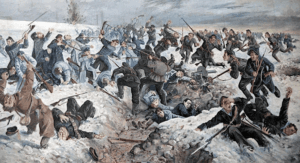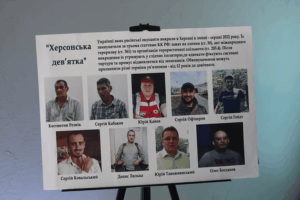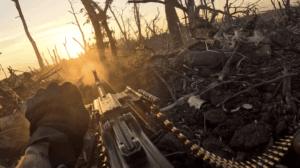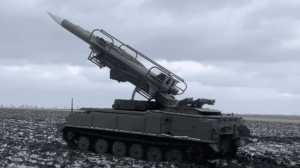Starting November 1, 2025 Switzerland will limit the granting of protection status (Status S) for Ukrainian refugees from seven western regions of Ukraine, SRF reports.
It is noted that since a “stable stabilization… in the medium term does not seem realistic” in Ukraine, the Swiss government will continue to grant protection status to Ukrainians. However, the Swiss parliament demanded distinguishing between regions of Ukraine where return is considered acceptable and those where return is deemed unacceptable. It was reported by toneto.net.
The Swiss government considers return to the Volyn, Rivne, Lviv, Ternopil, Zakarpattia, Ivano-Frankivsk, and Chernivtsi regions acceptable.
The new rules will come into effect on November 1 this year. Those who have already received protection status will not be affected by the new restrictions.
The Federal Council also decided that the protection status will not be revoked before early March 2027.
“To understand the scale: among the refugees currently in Switzerland with protection status, only slightly more than 10% come from the regions that the federal authorities now consider safe,” said SRF editor Dominik Maier.
The State Secretariat for Migration (SEM) will continue to review each Ukrainian application individually. If SEM rejects a protection request because the person comes from a region considered safe for return, a decision on deportation will be made. However, if enforcing such a decision is legally impossible or individually unacceptable in a specific case, the person will be allowed to remain temporarily in Switzerland.
Ukrainians who, under the new rules, will no longer be able to receive protection status can apply for asylum. In addition, they may move to one of the EU countries.
Recall that unemployed Ukrainians in Germany could be completely deprived of benefits in 2026.
It was also reported that Polish President Karol Nawrocki vetoed a law providing assistance to a certain category of Ukrainian refugees. He stated that the 800+ social payments should be given only to Ukrainians working in Poland and promised to prepare his own legislative proposal.
EMPR
Tags: EMPR.media migration policy protection status S refugee restrictions Switzerland news ukrainian refugees Volyn Rivne Lviv Ternopil Zakarpattia Ivano-Frankivsk Chernivtsi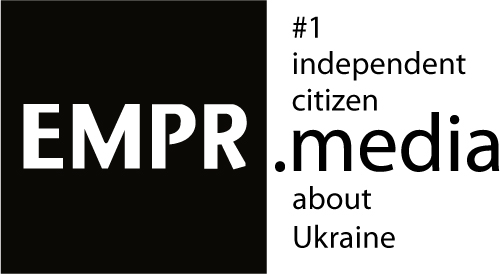
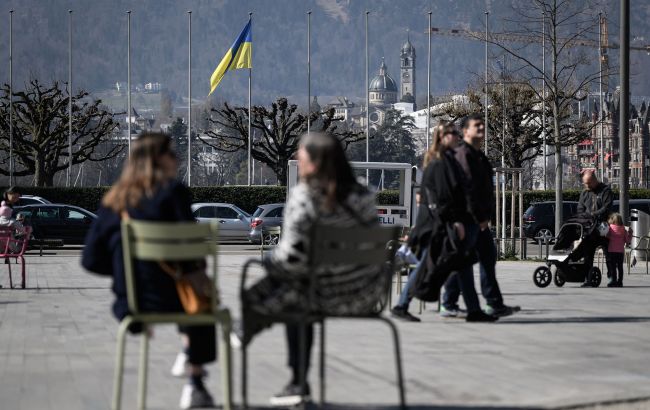

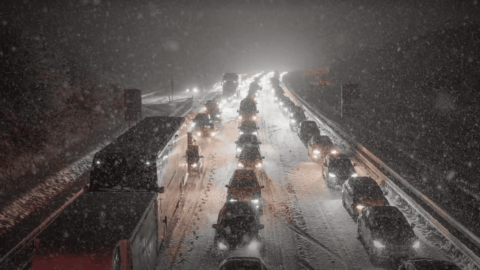
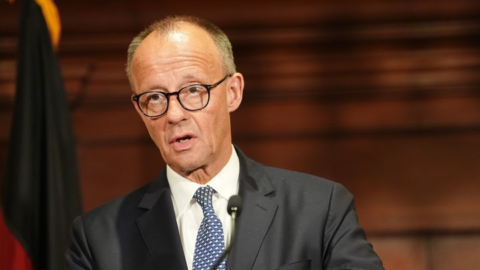
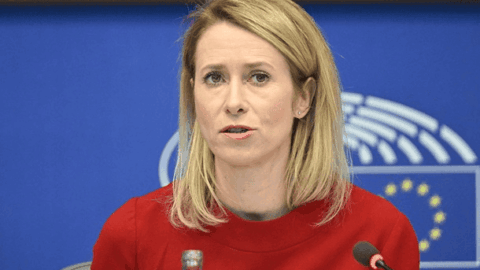
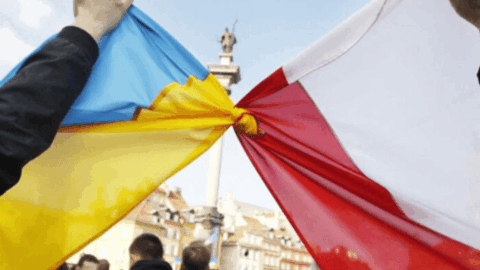
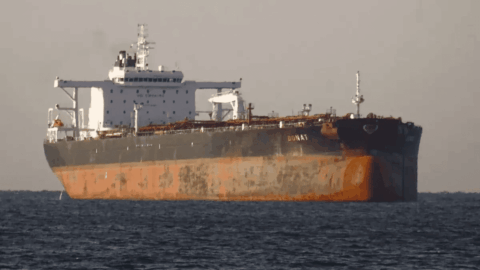

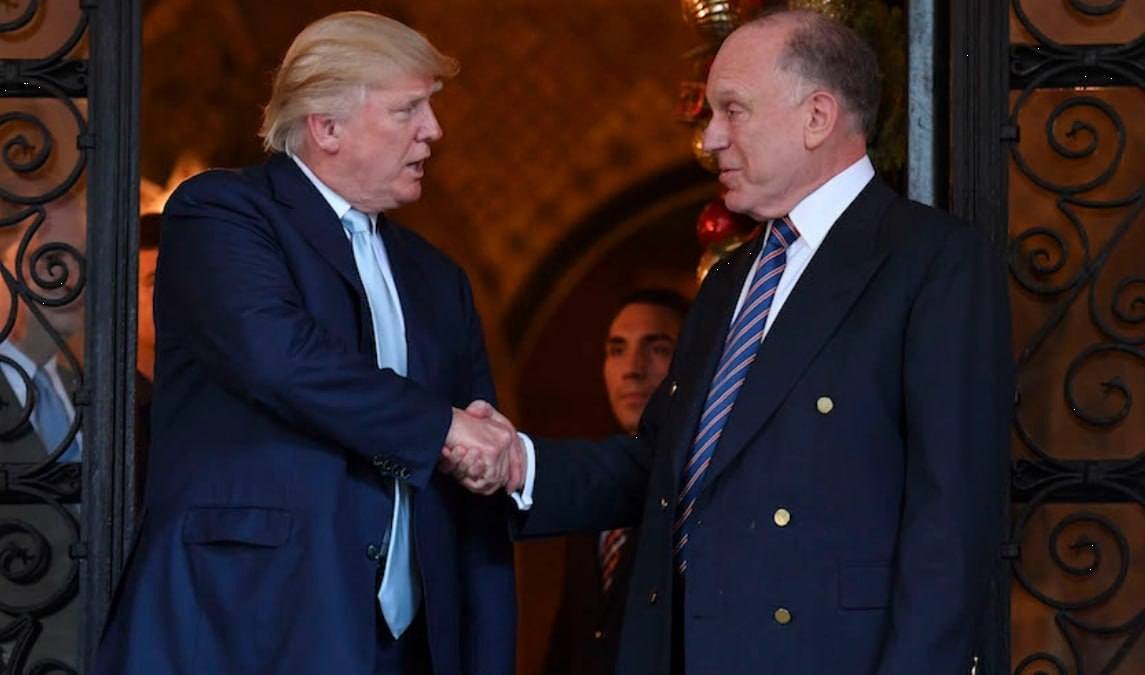
![Ukrainian army positions under Russian air and drone attack on May 21 2025, with explosions and tactical maneuvers near frontline sectors. :contentReference[oaicite:1]{index=1}](https://empr.media/wp-content/uploads/2026/02/russia-ukraine-war-feb-2-2025-e1770021320666-300x182.jpg)
![Veterans rally in Cherkasy protest with banners and flags demanding investigation into the death of Serhiy Rusinov at Nekhvoroshch. :contentReference[oaicite:2]{index=2}](https://empr.media/wp-content/uploads/2026/02/veterany-1-300x197.png)
